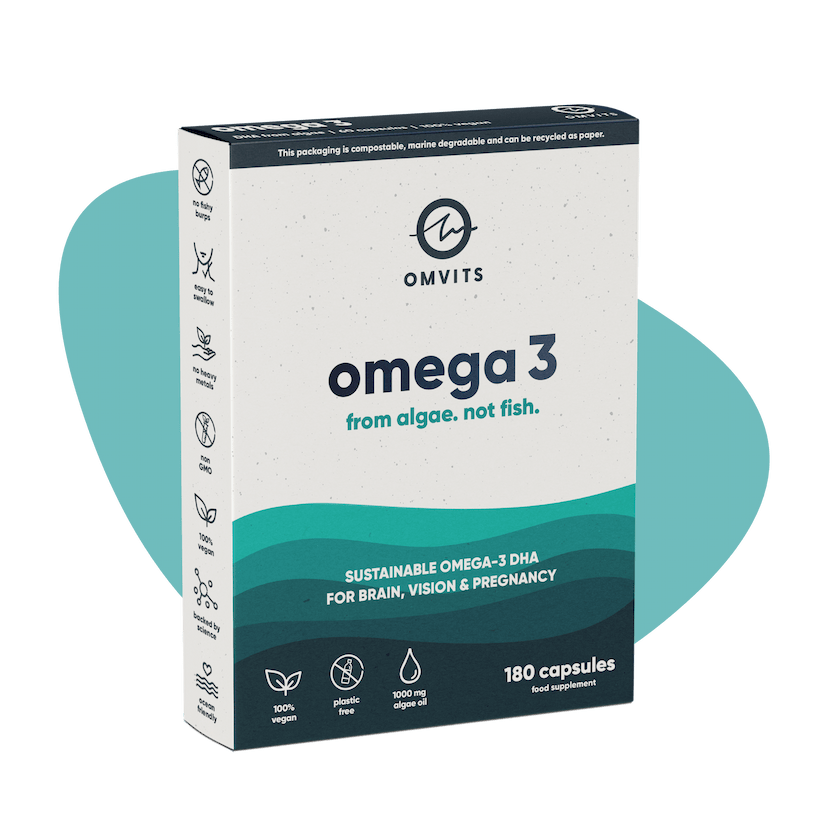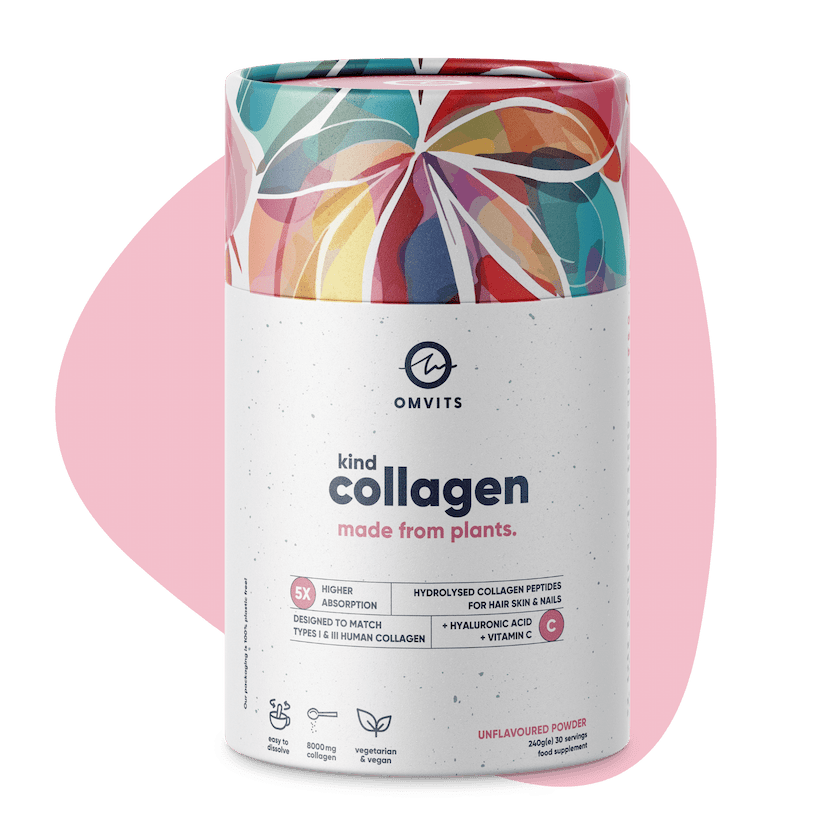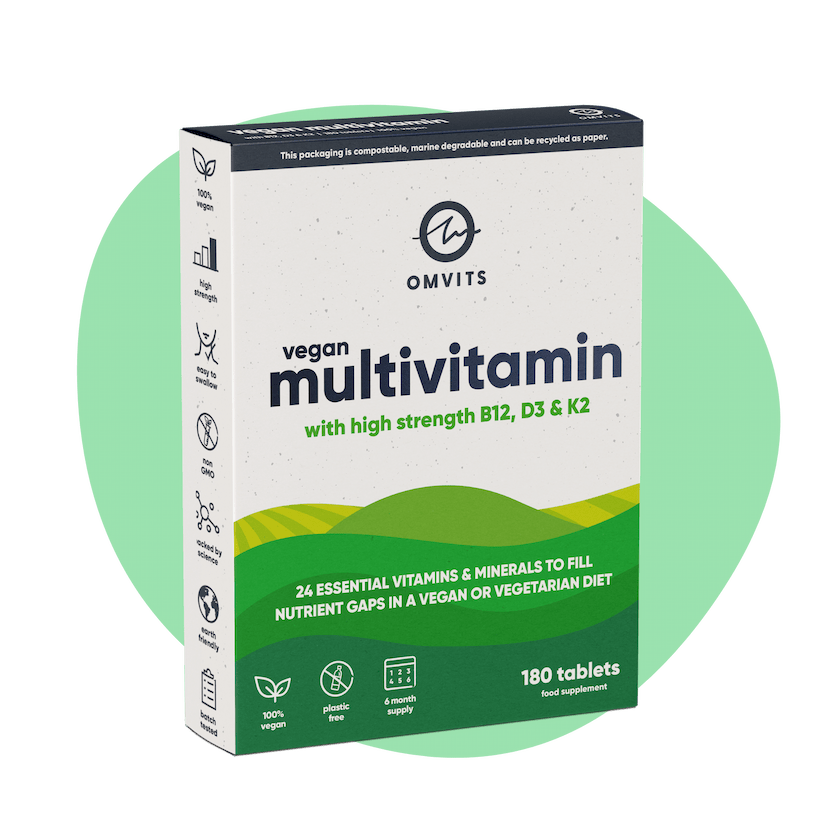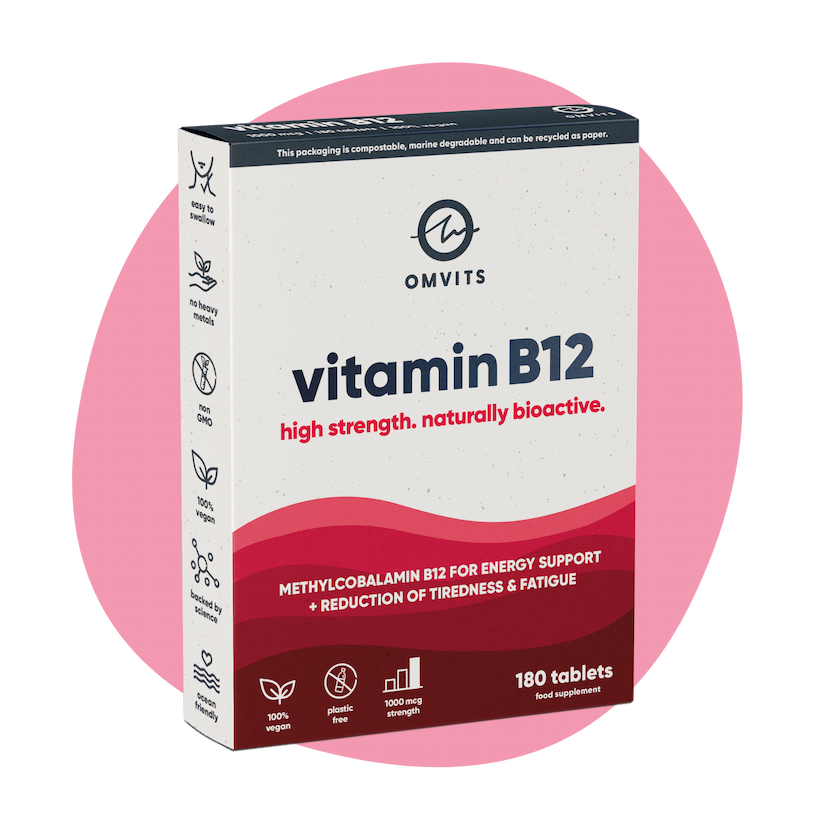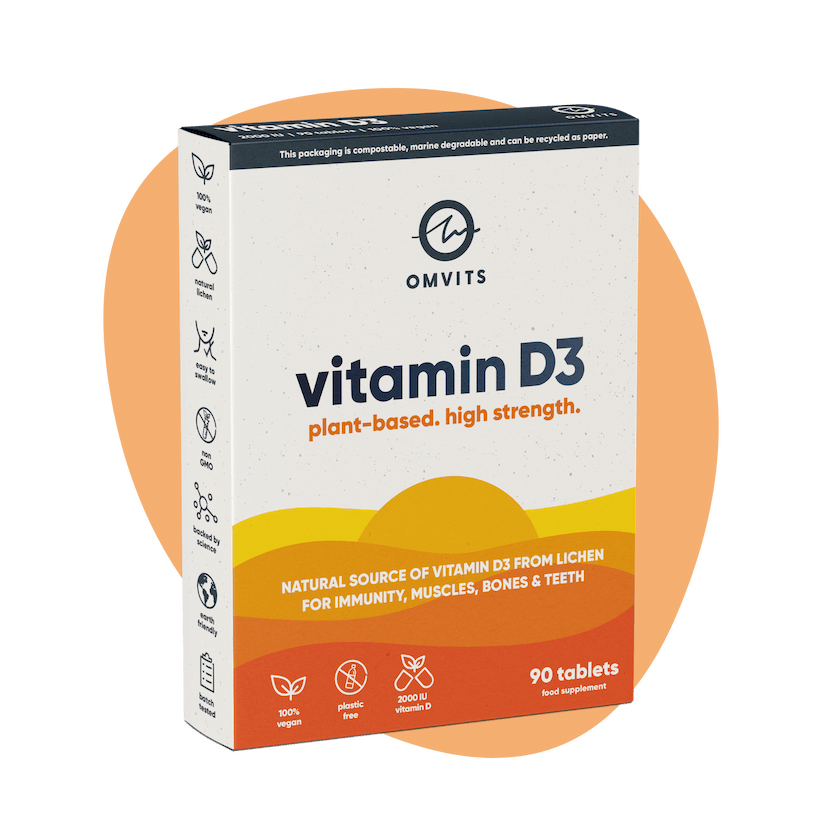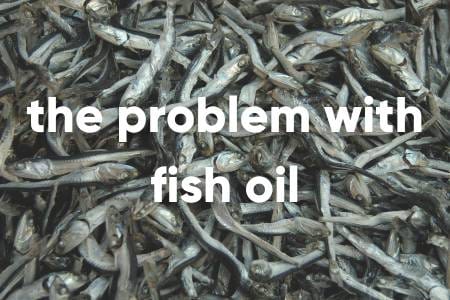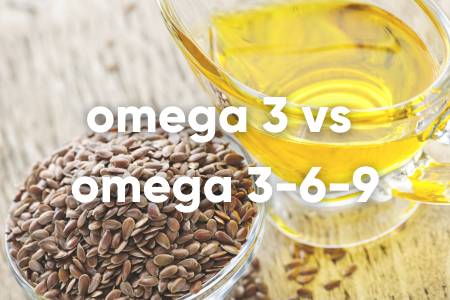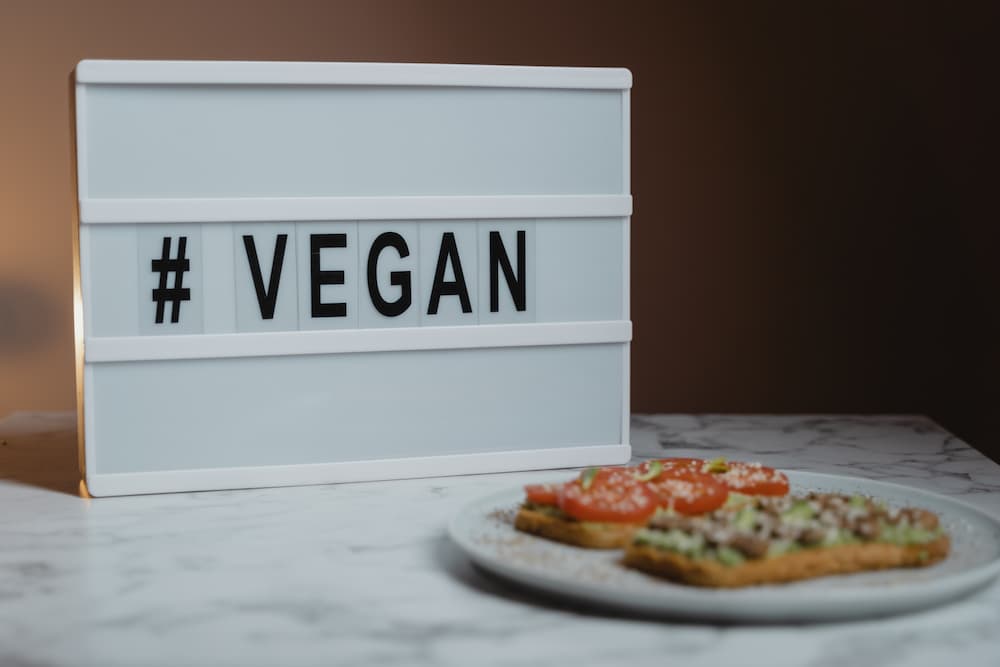FREE UK Delivery £25+
FREE UK Delivery £25+
Blog
about us
account
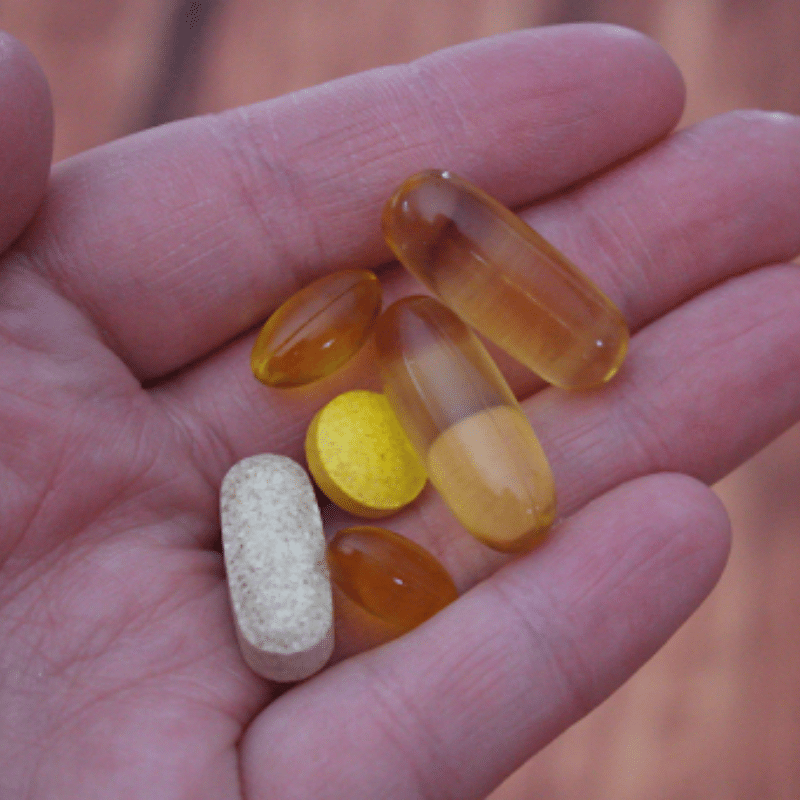
How to spot a Vitamin B12 deficiency
February 18, 2021 6 min read
How to spot a Vitamin B12 deficiency
A Vitamin B12 deficiency is actually quite common! Several studies have shown that between 3 and 5% of the population have a deficiency. (14) You will be at risk of a deficiency if you don’t get enough Vitamin B12 from your diet.
Here are signs and symptoms of a Vitamin B12 deficiency and what you can do about them.
https://unsplash.com/photos/yY145j0NdOQ
What Is Vitamin B12?
Vitamin B12, also known as cobalamin, is a crucial vitamin for the body. We need it for brain function, nerve tissue health, and the production of red blood cells. It is a water-soluble vitamin, like all other B vitamins, which means it can dissolve in water and travel through the bloodstream.
Stores of B12 in the body can last up to 4 years without being replenished, so you may not notice deficiency problems to develop for a while, which may add to the confusion. (1) B12 helps your body in a variety of ways, from bone health and brain health to mood improvements and energy boosts.
Why Is B12 So Important?
Vitamin B12 helps to keep the body’s nerves and blood cells healthy, alongside helping to make DNA, the genetic material in all cells. It helps to prevent megaloblastic anaemia that makes people tired and weak. (2)
Anaemia is the general term for having fewer red blood cells than normal or when people have unusually low amounts of haemoglobin (a protein found in the red blood cells that carry oxygen in your body) in each red blood cell. (3)
What About Vegan B12?
As Vitamin B12 is something you can almost only get from animal products such as meat, fish, dairy products, and eggs, those on a vegan diet can miss out on it. But there is actually a common misconception about B12 and animals… Many think they actually produce it themselves, when in fact it is produced by bacteria, meaning animals must obtain it directly or indirectly from this bacteria.
This is why animal food contains these high amounts of Vitamin B12, because they accumulate the bacteria throughout their lives. Additionally, animals are usually supplemented with Vitamin B12 in their feed too. They are also exposed to manure in their living conditions, where Vitamin B12 can also be found. (4)
In short, those on a vegan diet have to go to the source bacteria for vitamin b12, by taking supplements.
The Symptoms Of B12 Deficiency
Weakness Or Fatigue
Feeling weakened or fatigued are very common symptoms of Vitamin B12 deficiency. These symptoms materialise because your body doesn’t have enough B12 to make red blood cells to transport oxygen around your body.
As you are unable to effectively transport oxygen to your body’s various cells, you feel tired and weak. In the elderly, this is often caused by an autoimmune condition called pernicious anaemia. (5)

https://unsplash.com/photos/VIeLuUFzesg
Feelings Of Pins And Needles
A more serious side effect of long-term B12 deficiency is nerve damage.
B12 is an important contributor to the metabolic pathway that produces a fatty substance called myelin. This myelin surrounds your nerves as a form of protection or insulation and a lack of it becomes apparent over time. (6)
Myelin is produced differently without access to B12, and your nervous system is then unable to function properly. One of the most common signs of this is “paresthesia”, more commonly known as the sensations of pins and needles.
The neurological symptoms, such as pins and needles, associated with B12 deficiency, usually occur alongside the anaemia mentioned above, but one study found that around 28% of people had neurological symptoms of a B12 deficiency without any signs of anaemia. (7)
It’s important to remember that pins and needles are a common sensation and could have many different causes, so this symptom alone is not usually a sign of B12 deficiency.
Jaundiced Or Pale Skin
Another common symptom for people with a Vitamin B12 deficiency is looking pale, or with a slightly yellow tinge to the skin and the whites of their eyes, this is known as jaundice. This happens when the lack of B12 causes problems with your body’s red blood cell production.
As B12 plays a vital role in the production of the DNA needed to make red blood cells, a B12 deficiency means the instructions for building these cells are incomplete, and so they are unable to divide. (8) As mentioned earlier, this causes megaloblastic anaemia.
These red blood cells are too large to pass out of your bone marrow and into circulation, which means you don’t have many red blood cells circulating, so your skin can appear pale.
The fragility of these red blood cells also means many of them break down and cause an excess of bilirubin. Bilirubin is a red/brown coloured substance, produced by the liver when it breaks down old blood cells, large amounts of this is what gives your skin and eyes a yellowish tinge. (9)
Glossitis Or Mouth Ulcers
Glossitis refers to inflammation of the tongue. This is when your tongue changes colour and shape, making it red, painful, and swollen. It may also make your tongue look smooth, as all the tiny bumps containing your taste buds stretch out and disappear.
Not only is glossitis painful, but it can also change the way you eat and speak. Studies have shown that a swollen or inflamed tongue that has long, straight lesions (areas of skin that look different from the surrounding area, often bumps or patches) could be an early sign of a Vitamin B12 deficiency. (10)
Some people with B12 deficiencies may experience other oral symptoms such as mouth ulcers, pins and needles on the tongue, or a burning and itching sensation in the mouth. (11)

https://unsplash.com/photos/fvInY-Gh7sc
Vision disturbances
Blurred or distorted vision could also be a symptom of a B12 deficiency.
This occurs when the lack of B12 results in nervous system damage to the optic nerve that leads to your eyes. (12) This damage can disrupt the nervous signals that travel from the eye to the brain, impairing your vision. This is known as optic neuropathy.
This is often reversible by supplementing with B12. (13)
How To Avoid B12 Deficiencies
For many of us, a Vitamin B12 deficiency should be easy to prevent by ensuring you are getting enough B12 in your diet. You can get this through food or supplementation.
You can get B12 through foods such as:
- Meat such as beef, liver, and chicken
- Fish and shellfish such as salmon, tuna fish, trout, and clams
- Dairy products such as milk and cheese
- Eggs
- Fortified breakfast cereals.
If you don’t eat foods high in B12, it’s suggested that you take a Vitamin B12 supplement, it acts as a consistent and reliable source to ensure you avoid any deficiencies
How Do Vegans Get B12?
In extensive research of vegans, only food fortified with B12 and supplements have proven themselves a reliable source of B12 capable of supporting optimal health. It’s essential that vegans have an adequate intake of B12 as it will benefit their health, as well as attract others to veganism through example. (15)
There is actually a common misconception about B12 and animals… Many think they actually produce it themselves, when in fact it is produced by bacteria, meaning animals must obtain it directly or indirectly from this bacteria.
Vegans can naturally get B12 through their diet, fortified foods, or through a supplement.
Can You Get Enough B12 From A Vegan Diet?
Taking a supplement provides your body with a safe dose of pure, high-quality and bioavailable B12, giving your body the best chance of optimal absorption and retention. Supplementation and a varied plant-based diet will allow you to meet your requirements and provide a healthy, safe source of B12 that doesn’t harm animals or the planet.
Do remember, the less frequently you obtain your B12, the more B12 you will need to take as B12 is best absorbed in small amounts.
What Is Vegan B12 Made Of?
Our B12 supplements include a natural “active” form of methylcobalamin, which naturally occurs in nature. Unlike cyanocobalamin, which is what many B12 supplement providers use, which is a synthetic form of B12 that’s not found in nature. (16)
When cyanocobalamin enters the body, it’s converted into methylcobalamin (or adenosylcobalamin) which are the two active forms of B12 in humans. (17) Studies have also shown that the methylcobalamin may be retained better within the body. (18)
Vitamin B12 is such an important part of your diet if you want to stay healthy. If you’re looking to begin taking a Vitamin B12 supplement, then check out Omvits, a 100% vegan and palm-oil free vitamin producer.
(1) https://www.nhs.uk/conditions/vitamin-b12-or-folate-deficiency-anaemia/causes/
(3) https://www.nhs.uk/conditions/vitamin-b12-or-folate-deficiency-anaemia/
(5) https://www.nhlbi.nih.gov/health-topics/pernicious-anemia
(6) https://pubmed.ncbi.nlm.nih.gov/24248213/
(7) https://pubmed.ncbi.nlm.nih.gov/3374544/
(8) https://pubmed.ncbi.nlm.nih.gov/16988104/
(9) https://pubmed.ncbi.nlm.nih.gov/1109492/
(10) https://pubmed.ncbi.nlm.nih.gov/19231648/
(11) https://pubmed.ncbi.nlm.nih.gov/17209796/
(12) https://pubmed.ncbi.nlm.nih.gov/26385097/
(13) https://pubmed.ncbi.nlm.nih.gov/16198909/
(16) https://www.bmj.com/content/349/bmj.g5226/rr/764190
(17) https://ods.od.nih.gov/factsheets/VitaminB12-HealthProfessional/
Leave a comment
Comments will be approved before showing up.
Also in The Omvits Blog

The Power of Running: How a 200 Mile Run to Wales Became a Meaningful Journey for a Great Cause
May 03, 2023 3 min read
We interviewed Andrew Thomas, who was preparing for a 200-mile marathon from London to Wales to raise funds for Maggie's Cancer. Read the article to know more about his adventure!
Subscribe
Sign up to get the latest on sales, new releases and more …
Recent Articles
-
The Power of Running: How a 200 Mile Run to Wales Became a Meaningful Journey for a Great Cause
May 03, 2023
-
Sneaky Ingredients To Watch Out For If You're Vegan
January 11, 2022
-
How To Do Veganuary If You’re On A Super Tight Budget
January 11, 2022
-
How To Satisfy Meat & Fish Cravings During Veganuary
January 11, 2022
-
Common Pitfalls Of Veganuary And How To Avoid Them
January 11, 2022
-
Simple Nutrition Advice For Veganuary And Beyond
January 11, 2022
-
Best Vegan Meat Alternatives To Try This Veganuary
January 11, 2022
-
5 Ocean Friendly Clothing Brands To Check Out This Month
June 21, 2021
-
12 Incredible Ocean Conservationists To Support This June
June 16, 2021
-
How To Do Something For World Ocean Day If You Can't Get To A Beach
June 08, 2021

